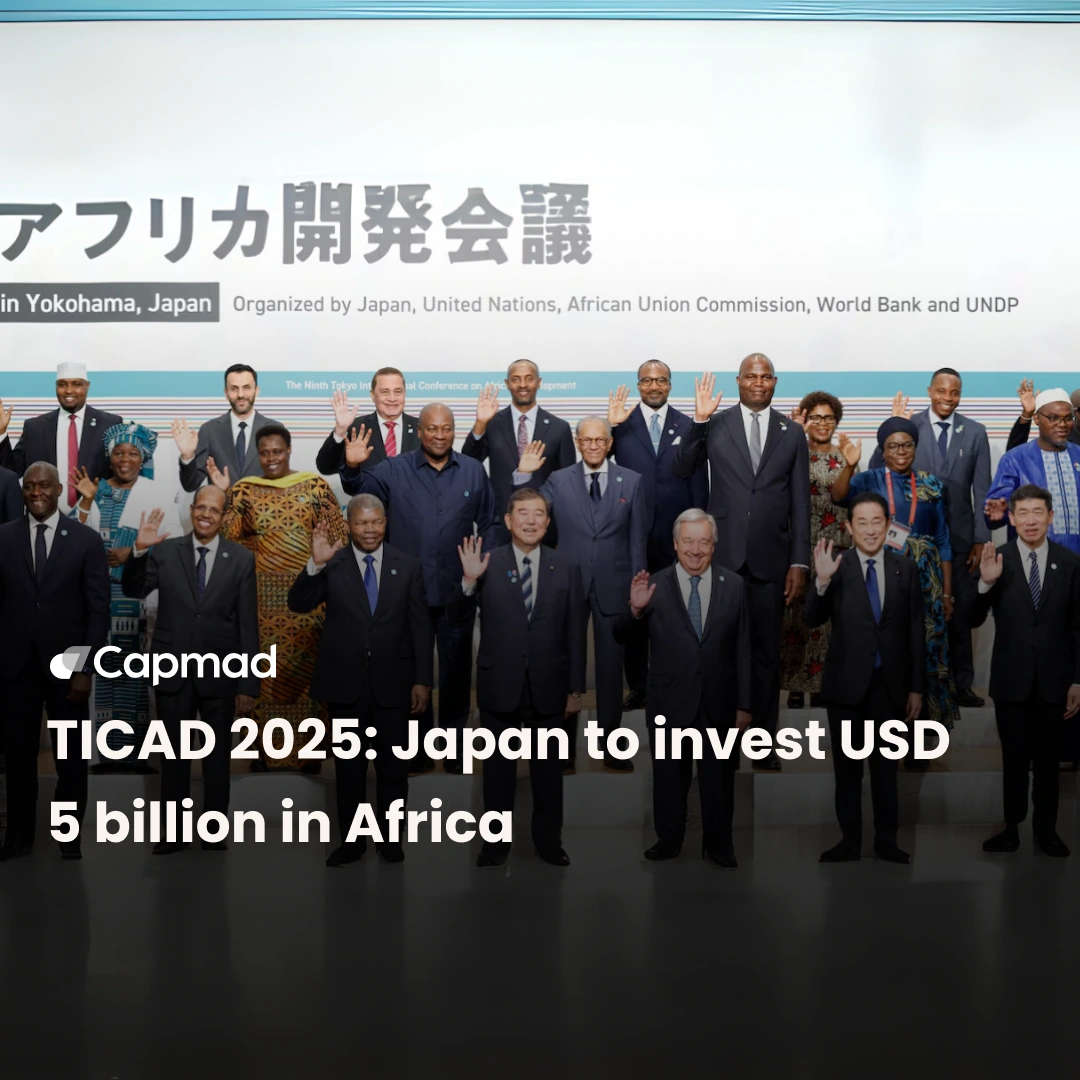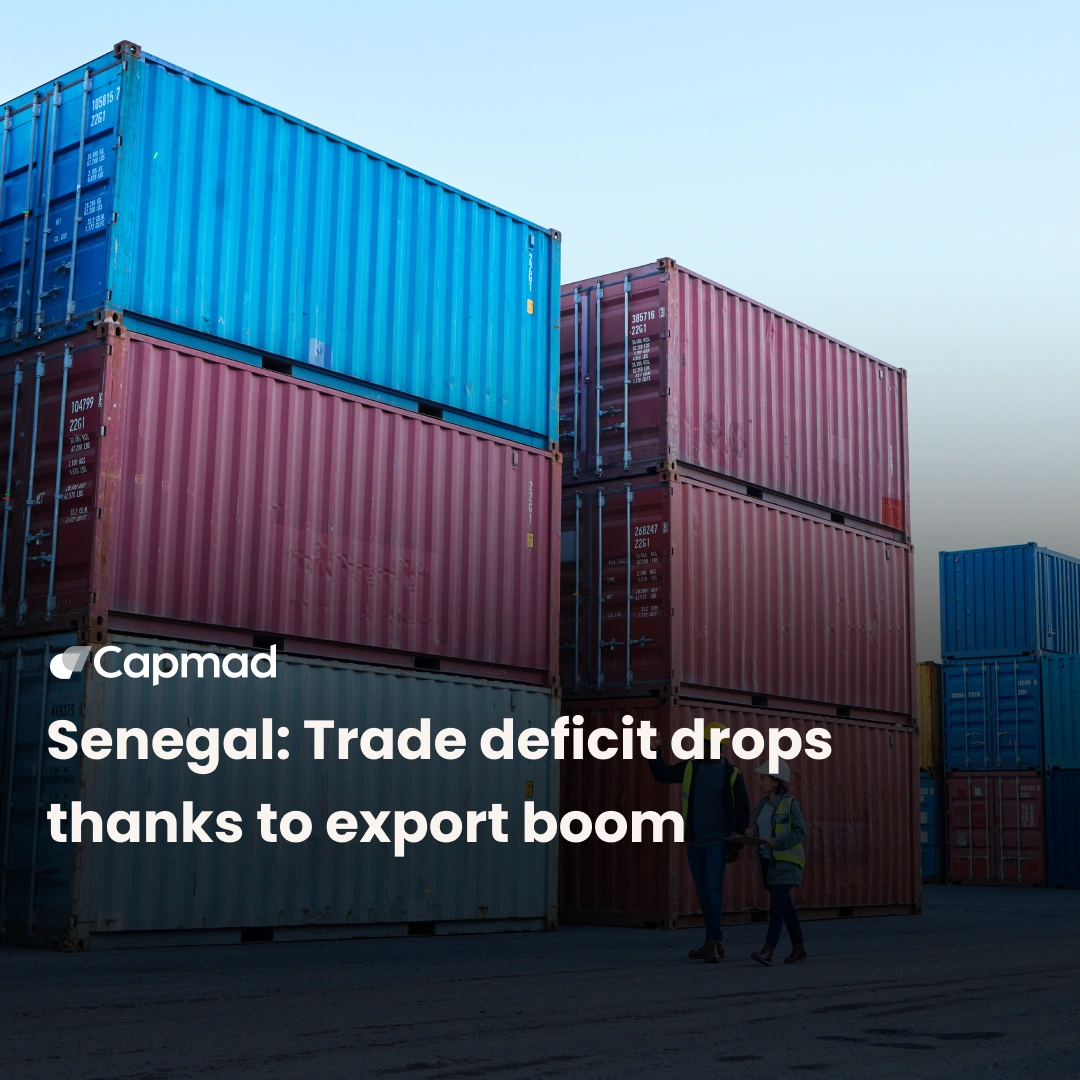The World Bank has approved a 2.25 billion USD loan to Nigeria to strengthen its revenues and support economic reforms. Of this amount, 1.5 billion USD will help protect millions of people facing increasing poverty over the past year. Additionally, 750 million USD will support fiscal reforms and safeguard oil revenues threatened by limited production.
Loan to support Nigeria’s economic reforms
The economic reforms initiated by Nigerian President Tinubu are starting to impact the country’s economy. Key measures include the end of costly fuel subsidies and the unification of multiple exchange rates. These actions have led to a significant rise in Nigeria’s inflation reaching its highest level in 28 years.
Facing pressure from citizens and workers protesting against economic hardships, the Tinubu government seeks this loan to support its long-term economic plans.
Decline in foreign investments
To address the decline in foreign investments, Nigerian authorities plan to boost investment flows. According to the Nigerian Economic Summit Group, FDIs have dropped by 26.7 %, from 5.3 billion USD in 2022 to 3.9 billion USD in 2023.
Nigeria is currently grappling with a heavy debt burden, which limits public spending capabilities. Reliance on external aid for public infrastructure and social protection projects has increased public debt by 1,000 % over the past decade.
However, the World Bank states that it is « essential to maintain the reform momentum. » Nigeria’s economic reforms keep the country « on a new path that can stabilize its economy and lift its population out of poverty, » according to Ousmane Diagana, World Bank Vice President for Western and Central Africa.
Breakdown of the World Bank loan
The 2.25 billion USD World Bank loan is aimed at consolidating Nigeria’s revenues and supporting economic reforms. However, these reforms have contributed to a severe cost-of-living crisis in Africa’s most populous country.
The majority of the loan (1.5 billion USD) will help protect millions of people facing increasing poverty. The remaining (750 million USD) will support fiscal reforms and protect oil revenues.
Debt burden on Nigeria’s economy
The cumulative costs of servicing external debt for the first five months of 2024 amounted to 2.19 billion USD. This is nearly double the amount spent over the same period in 2023.
This significant increase underscores the growing burden of external debt on the country’s finances. The soaring costs of servicing external debt have substantial implications for Nigeria’s economy. Improved revenue generation strategies and prudent economic management will be essential to cope with the increasing debt burden.
Rating agency Fitch Ratings notes that pressure on interest/revenue ratios remains high, at 38 %, due to higher interest rates and structurally low revenue/GDP ratios. The rating agency also forecasts a decline in Nigeria’s debt cost, though it is expected to remain significantly high.







